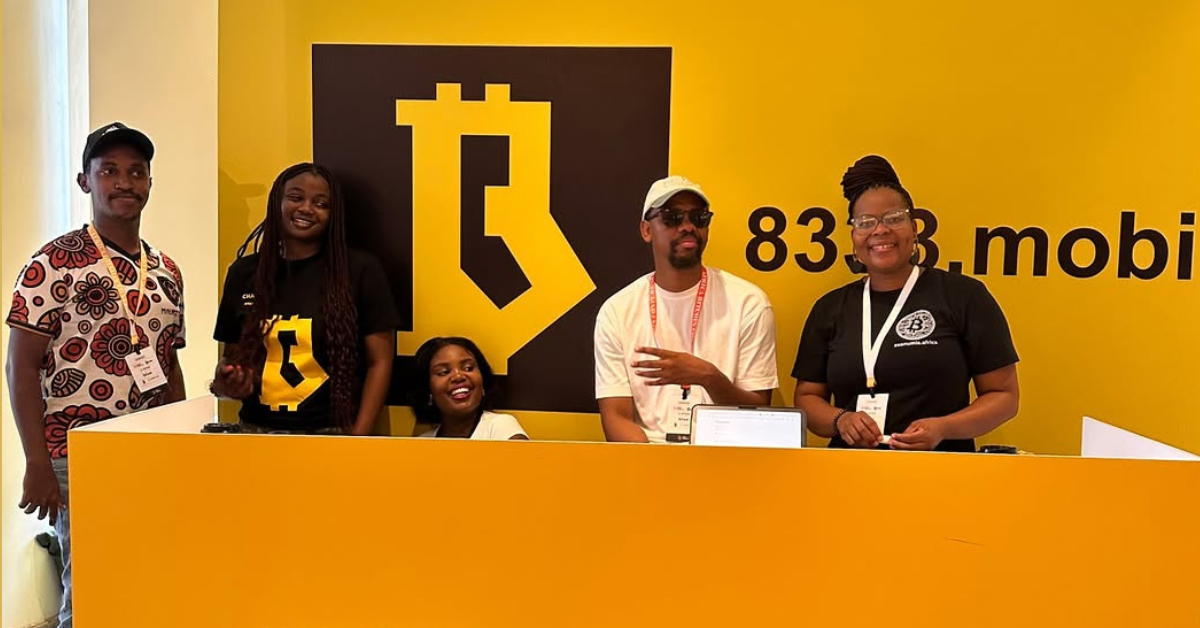A Bank Verification Number (BVN) contains 11 digits. It’s issued to all Nigerian bank clients and connected to all their bank accounts across all Nigerian banks. The delicate nature of the number makes it a topic under the subject of fraud in Nigeria. But is a BVN scam possible?
Here, we’ll explore the possibilities of fraudsters scamming you if they have your BVN. But first, let’s understand the intention behind BVN issuance.
Why were we given BVNs?
The fundamental motivation behind issuing a unique identifier to banking customers is to halt the rising tide of identity theft inside the banking sector. Other BVN goals include:
ID card demystification
BVN serves as an alternative to card-based transaction authentication. It uses just biometric features and personal identification numbers (PINs).
Authentication
BVN is meant to authenticate the identification of customers at transaction points. BVN information also identifies and verifies all persons holding account(s) in any Nigerian bank.
Security and investigation
BVN is also for stifling the financial actions of wanted or criminal customers.
Coordinated identity
BVN gives a universally recognised and acknowledged means of identifying individual bank customers.
Is it possible to scam you using your BVN?
The security consciousness created around BVN constantly gets bank customers worried about fraud. Several stories of people getting their accounts swept after alleged BVN disclosure keeps flying around daily. But does a third party’s knowledge of your BVN make it possible for them to scam you? Funnily, the answer is no and yes.
Why no?
Your BVN is an 11-digit figure encrypted to house details such as your name and other biodata. However, it doesn’t contain extra-sensitive data like your card pin, token, bank app PIN, USSD PIN, or card numbers. Therefore, the ordinary knowledge of your BVN isn’t usable for defrauding you.
Why yes?
You may nurse no worries regarding your BVN mistakenly leaking to a third party. But the need for caution can’t be overemphasised because fraudsters may go the extra mile after obtaining your BVN.
They can use the biodata they milk from the exposure of your BVN to swindle you of delicate information. These tricksters may try to manipulate you into divulging things like your atm PIN, USSD, mobile, online banking passwords, etc. You may want to know how that’s possible.
Most times, criminals trying to sweep money from people’s accounts usually work in tandem with avaricious bank employees.
They start by cultivating a cordial relationship with specific bank employees. Then they partner with vulnerable ones to gain access to the data of target bank customers. They’ll most likely get access to your BVN at this point.
Afterwards, these fraudsters leverage what they learn about you from your details obtained from the bank insider. They most times proceed to call in the guise of a bank employee.
First, they’ll give you the accurate information you filled in confidentiality with the bank. This method is to make you believe they are representing your bank and interest. Then they’ll try to get you to spill sensitive information like your bank card number, ATM PIN, USSD PIN, online banking credentials, etc.
If you mistakenly reveal the information above, prepare to receive several unwanted debit alerts! Sometimes they’ll call to tell you of fake loan opportunities. They’ll send links for you to apply for an inexistent loan.
They are so good that they’ll call back saying they want to confirm it’s really you applying for the loan and not some impersonator. But, of course, that’s supposed to fool you into completely believing their charade.
Therefore, never give out information like an ATM PIN or card number to a stranger who calls pretending to be from your bank. Refuse to give in, no matter how good the deal seems. Your bank will never ask you such questions.
What to do if you mistakenly divulge sensitive details to scammers
You may quickly salvage the situation if you discover you’ve fallen for their deceit by blocking your account. See the following swift ways to block your account/card for different banks:
- GTBank – *737*51*10#
- Zenith Bank – #966*911#
- First Bank – text “BLOCK” to 30012
- FCMB Bank – call + 2342798800
- Union Bank – text “BLOCK CARD NUBAN” to 20123
- Access Bank – *901*11#
- UBA Bank – *919*10*# *919*9#
Final thoughts
At this point, you can tell it isn’t possible to scam you outright using your BVN. But it can happen if you are not careful enough.
As earlier stated, banks will never contact you via call, text, or email to request personal information. Therefore, keep your data extremely private, and your money will be safe.
















